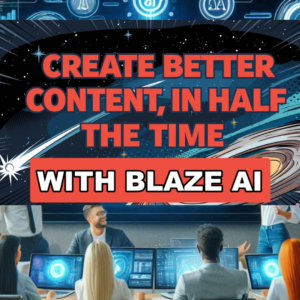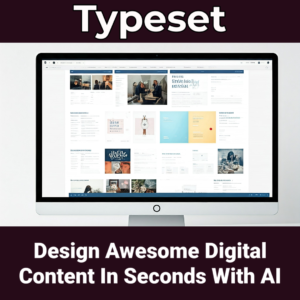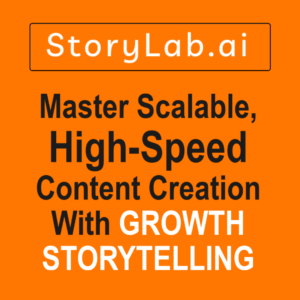Imagine a world where cancer is curable, poverty is obsolete, and global conflicts are resolved through intelligent mediation. This isn’t the opening scene of a science fiction novel—it’s a glimpse into the potential future shaped by artificial intelligence, as envisioned by AI pioneer Dario Amodei.
In his groundbreaking article “Machines of Loving Grace,” Amodei challenges us to look beyond the oft-discussed risks of AI and consider its awe-inspiring potential to revolutionize our world.
As we stand on the precipice of what could be the most transformative technological leap in human history, Amodei’s insights offer a compelling roadmap to a future where AI becomes not just a tool, but a partner in solving humanity’s greatest challenges. Buckle up as we dive into a future where machines don’t just compute—they care, create, and potentially change the course of human destiny.
Amodei, drawing from his extensive experience in the field, presents a compelling case for why we should consider the upsides of AI alongside its risks. He argues that while addressing AI risks is crucial, ignoring its potential benefits could lead to missed opportunities for significant societal improvements.
Amodei begins by explaining why discussions about AI’s positive impacts have been limited. He cites several reasons, including the need to maximize leverage on addressing risks, avoiding the perception of propaganda, steering clear of grandiosity, and sidestepping the “sci-fi” baggage often associated with AI discussions. Despite these concerns, Amodei believes it’s essential to engage in a balanced dialogue about AI’s future impact.
The article identifies five key areas where AI could have transformative positive effects: biology and physical health, neuroscience and mental health, economic development and poverty, peace and governance, and work and meaning. Amodei envisions AI as a powerful tool that could accelerate progress in these domains, potentially leading to breakthroughs that significantly improve human life.
Central to Amodei’s argument is the concept of “powerful AI,” which he describes as AI systems with capabilities comparable to or exceeding those of the most capable humans across a wide range of tasks.
He suggests that such systems could emerge as early as 2026, likening their potential impact to having a “country of geniuses in a datacenter.” This analogy underscores the transformative potential of AI while also highlighting the need for responsible development and deployment.
However, Amodei is careful to temper optimism with realism. He outlines several factors that could limit AI progress, including the speed of the outside world, the need for data, intrinsic complexity of certain problems, constraints imposed by humans, and the immutable laws of physics. These limitations serve as a reminder that while AI has immense potential, it is not a panacea for all of humanity’s challenges.
To illustrate his points, Amodei provides a detailed analysis of AI’s potential impact on biology and health. He argues that AI could dramatically improve human life quality by accelerating drug discovery, enhancing disease diagnosis, and personalizing treatments.
However, he also acknowledges the significant challenges in this domain, such as data limitations, the slow pace of biological processes, the intrinsic complexity of living systems, and human-imposed constraints like the need for clinical trials.
Amodei’s article strikes a balance between optimism about AI’s potential and a realistic assessment of the challenges ahead. He emphasizes the importance of considering both the risks and benefits of AI as we navigate its development. By presenting this nuanced view, Amodei encourages readers to engage in a more comprehensive and thoughtful dialogue about the future of AI and its role in shaping human society.















